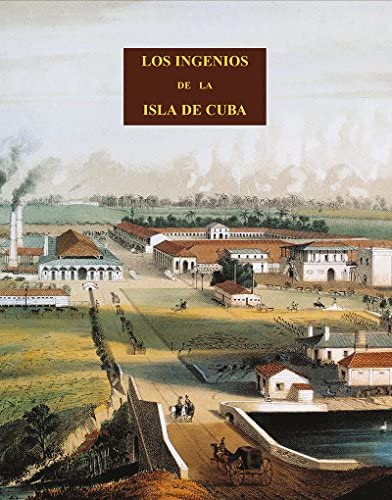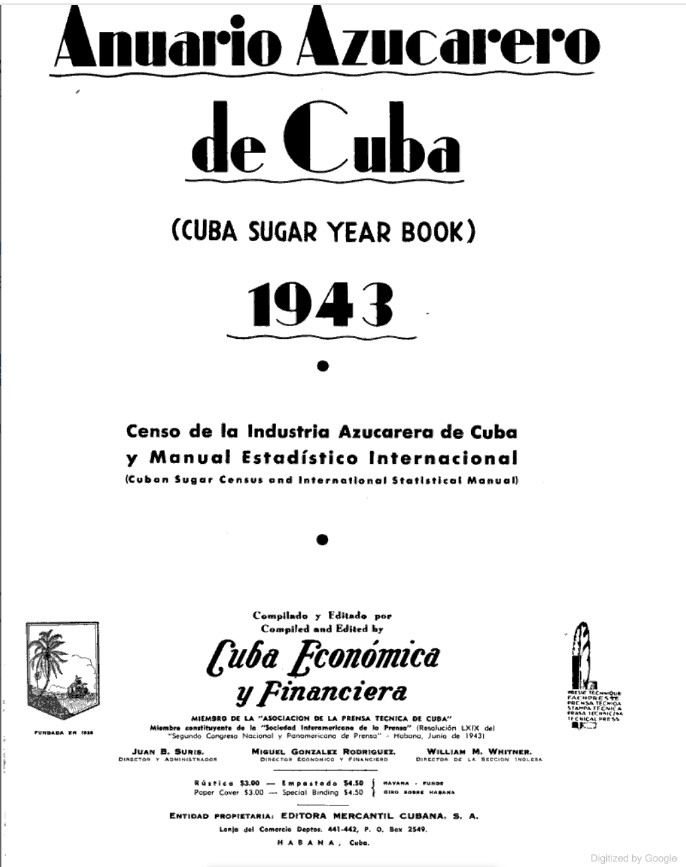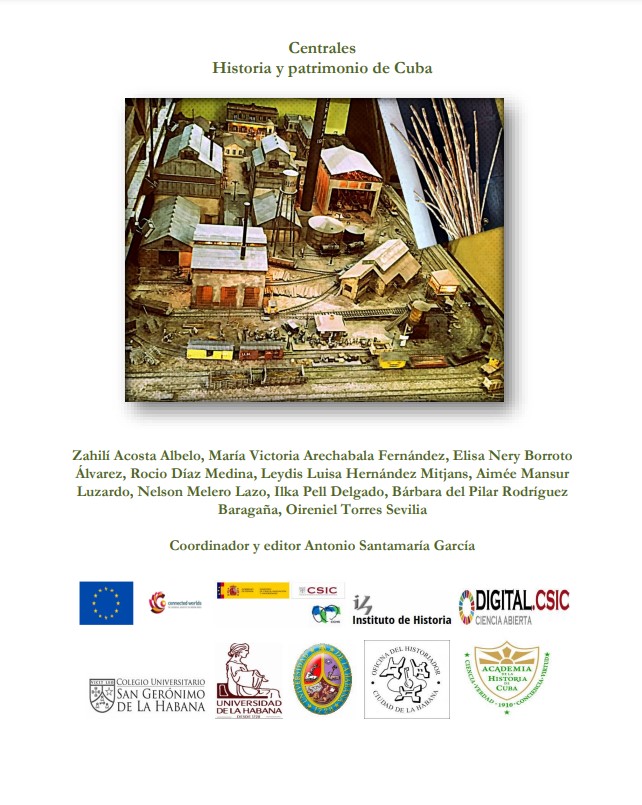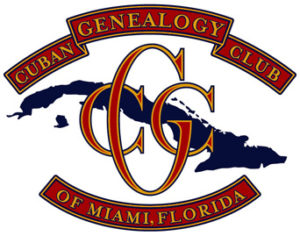Ingenios Azucareros de Cuba
All Provinces
About the Sugar Mills of Cuba
The term mill was used in Hispanic and Portuguese America throughout the colonial era to designate the entire sugar cane processing establishment and mill, the buildings of the owners and managers, the workshops and facilities, the slaves, the cane fields and supply lands, and the corrals and animals. Although they could be distinguished from modest sugar mills to large production complexes with enormous cane fields, hundreds of slaves, and abundant technical equipment.
An average mill had between sixty and eighty slaves, and a large one had about two hundred, although in the 18th century, there were plantations with more than a thousand slaves. During the harvest – the cutting of the cane – the mills worked 18 or 20 hours a day.
Please note this is a page in progress. If you would like to contribute to the content of this page, please email Martha Ibañez Zervoudakis at secretary@cubangenclub.org.
IMPORTANT: These files are for personal use only! The use of the information on this site for commercial, political, or any other purpose other than research of your family history and genealogy is strictly forbidden.
Please contact, and credit, the CGC prior to using any part of this collection by sending an email to secretary@cubangenclub.org.
Books and Digital Books
Ingenios o Fincas Azucareras de la Isla de Cuba – 1877 (PDF)
Sugar Plantations of Cuba – 1894 – Cuba Illustrated (Available through dLOC)
Havana and the Atlantic in the Sixteenth Century
by Alejandro de la Fuente
(12 sugar mills identified in 1601-1615 on page 144)
Websites of Interest
CubaGenWeb
CubaMuseo.net
Norfipc.com
Book

LOS INGENIOS. COLECCIÓN DE VISTAS DE LOS PRINCIPALES INGENIOS DE AZÚCAR DE LA ISLA DE CUBA
by Justo Germán Cantero, La Habana, 1857
Digital Book

LOS INGENIOS. COLECCIÓN DE VISTAS DE LOS PRINCIPALES INGENIOS DE AZÚCAR DE LA ISLA DE CUBA
by Justo Germán Cantero, La Habana, 1857
Digital Book

Anuario Azucarero de Cuba (1943)
Cuban Sugar Yearbook (1943)
Compiled and edited by
Cuba Economica y Financiera, Havana, 1943
Lists names of sugar mills as well as owners; advertisements for other products
Part of a series
Digital Book

Centrales - Historia y patrimonio de Cuba (2024)
Multiple Authors – Coordinated and Edited by Antonio Santamaria Garcia
Published by digital.csic
https://digital.csic.es/handle/10261/341859
(Free access – Downloadable PDF)
La Habana and Madrid, 2024
Thanks to Rolando Arco for the link to this ebook!
